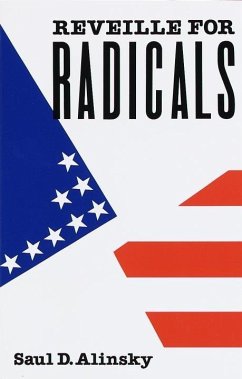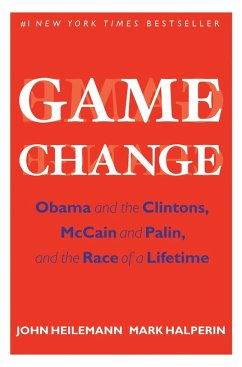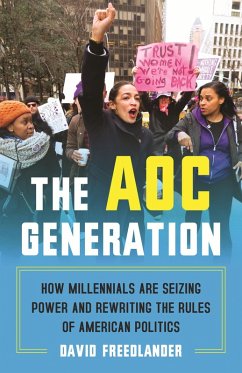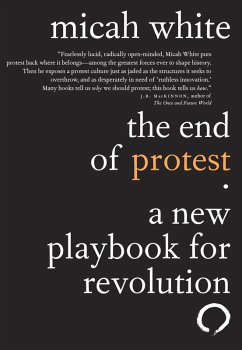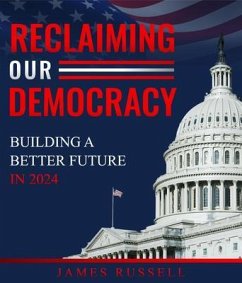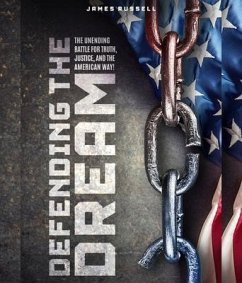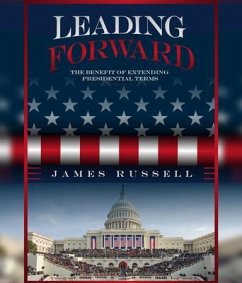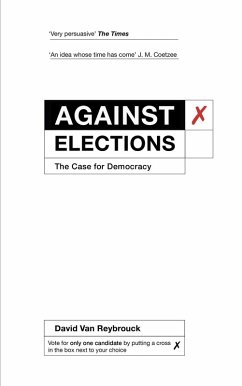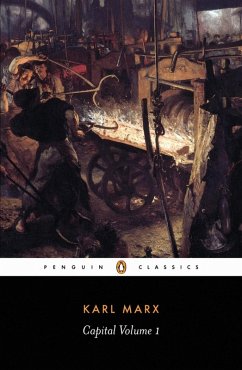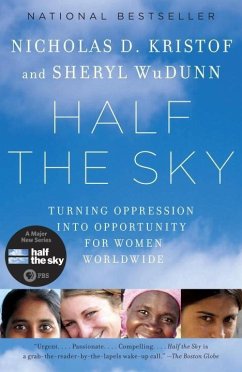
Rules for Radicals (eBook, ePUB)
A Pragmatic Primer for Realistic Radicals
Versandkostenfrei!
Sofort per Download lieferbar
5,99 €
inkl. MwSt.
Weitere Ausgaben:

PAYBACK Punkte
3 °P sammeln!
"This country's leading hell-raiser" (The Nation) shares his impassioned counsel to young radicals on how to effect constructive social change and know "the difference between being a realistic radical and being a rhetorical one." First published in 1971 and written in the midst of radical political developments whose direction Alinsky was one of the first to question, this volume exhibits his style at its best. Like Thomas Paine before him, Alinsky was able to combine, both in his person and his writing, the intensity of political engagement with an absolute insistence on rational political d...
"This country's leading hell-raiser" (The Nation) shares his impassioned counsel to young radicals on how to effect constructive social change and know "the difference between being a realistic radical and being a rhetorical one." First published in 1971 and written in the midst of radical political developments whose direction Alinsky was one of the first to question, this volume exhibits his style at its best. Like Thomas Paine before him, Alinsky was able to combine, both in his person and his writing, the intensity of political engagement with an absolute insistence on rational political discourse and adherence to the American democratic tradition.
Dieser Download kann aus rechtlichen Gründen nur mit Rechnungsadresse in A, B, BG, CY, CZ, D, DK, EW, E, FIN, F, GR, HR, H, IRL, I, LT, L, LR, M, NL, PL, P, R, S, SLO, SK ausgeliefert werden.




